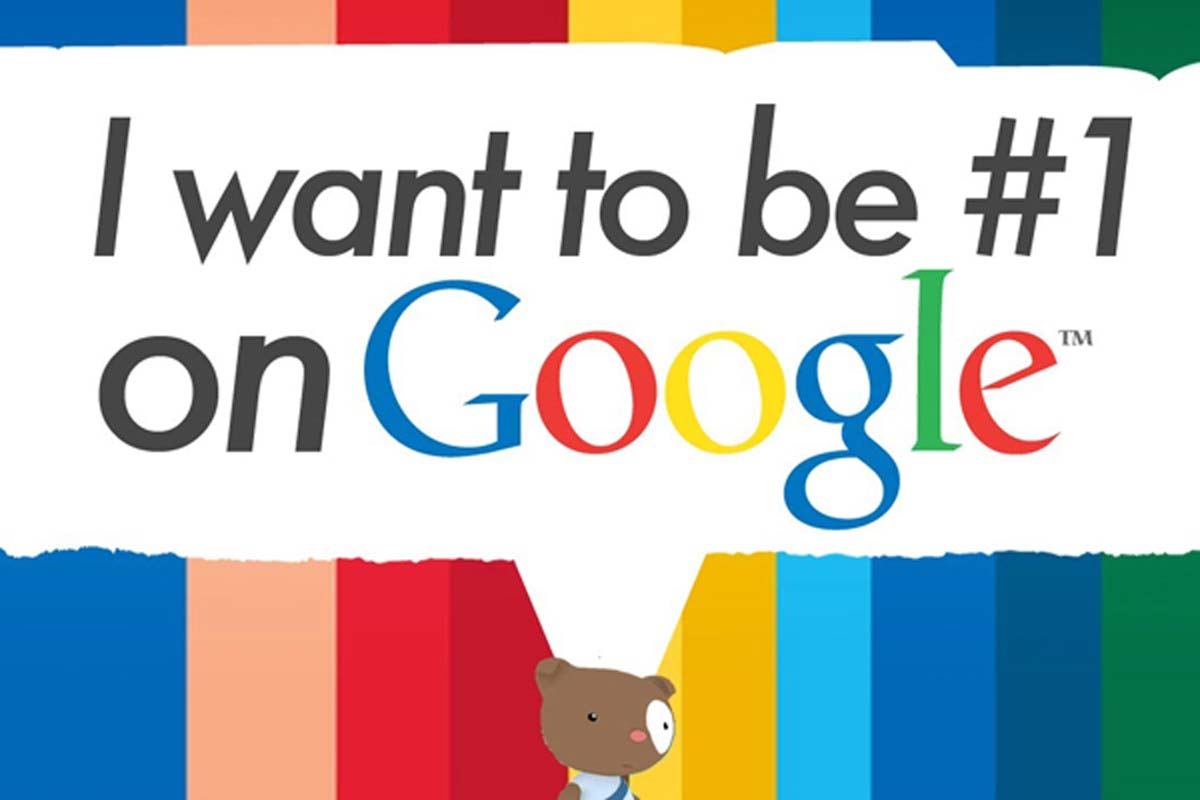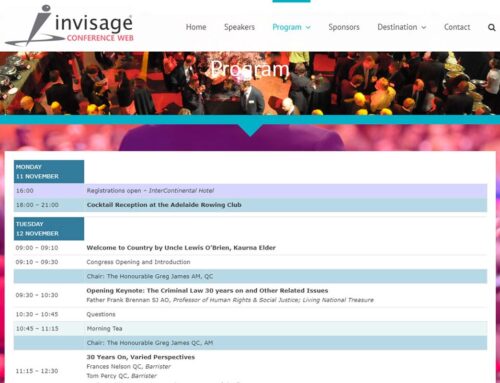Basics of Website SEO
I build a lot of websites for clients and are launching new event websites regularly. One of the first questions I am asked, often the moment the site goes goes live, is “why can’t I see my site on Google? I tried searching for it but it does not appear in the search results”.
The short answer to that question is time and content.
I do not confess to be an SEO expert nor do I provide a total SEO service for my clients, I’ll leave that to the experts as it can be complex and costly, but thought I would offer a few tips covering the basics of Website SEO.
There are three categories in on-page SEO, that you’ll need to take a look at. The first and most important, is content.
1. Content
You’ve probably heard it before: “Content is king.” Bill Gates made this prediction in 1996 and it’s as true as ever today.
Just like the best marketing in the world won’t help you sell a bad product, super advanced SEO will be useless if you’re content is not up to scratch.
Here are the factors that make up great content in Google’s eyes:
Quality
While the times where just delivering the best quality content would make you stand out from the crowd are long gone, it is still the starting point for any successful SEO effort (and online business, really). But coming up with great content is not easy, after all, it means you have to become a teacher and a good one at that. Once you start writing, make sure you include all the important ingredients of great content in your blog post.
- Create Original Content
- Always Focus On Creating Strong Headlines
- Make Your Content Actionable
- Be Able to Provide Answers
- Be Accurate in Your Reporting and Sourcing of Information
- Create Engaging and Thought Provoking Content
- Communicate Better by Adding Images and Video
- Write Short and Pointed Content
- Make Continual Updates to Your Website or Blog
You can read more on how to develop great content here.
Keyword research
Doing your keyword research up front is a crucial part of great content. Since you ideally want to include your targeted keyword in your post’s headline and throughout the article, you need to choose your keyword before starting to write. Out of all on-page SEO factors, this is the one you should spend the most time learning. Google has become smarter over the years. While you should, of course, use your keyword throughout your content, jamming your keyword into your text as much as possible will hurt your rankings, rather than improve them.
Direct answers
Finally, one of the more recent updates provides searchers with direct answers. If your content is written clearly enough for Google to recognise it as an answer to a particular question, it will show up directly beneath the search bar.
2. html
The next big chunk you have to take care of, once you’ve made sure your content is gold, is HTML. Your web developer should be able to handle this for you but you will need to provide them with the content. After-all, it is your site so don’t leave the following to chance.
For each page or post that you generate for your event website consider the following.
- Title Tags: Title tags are the online equivalent of newspaper headlines. They are what shows up in the tab of your browser when you open a new page. Every page should only have one h1-tag to make the title clear to Google.
- Page Name: This will be the main focus of the page and the Page name/title of the page and also the url. IE. Call for Papers http://youreventname.org.au/call-for-papers/
- Body Content: At least 300 words is preferred and the opening paragraph should contain the page name. IE Submissions are now open and will close on 29 March 2019. Applicants will be notified of their abstract status on 5 June 2018. Could be written as Call for papers are now open and will close on 29 March 2019. Applicants will be notified of their abstract status on 5 June 2019.
- Focus Keyword: As per Page name, this is the main focus of this page and is used in the pages SEO settings. IE Call for Papers
- Meta description/ Excerpt (this is what you will see in browser searches for a given page): This is limited to around 25 words and anything over this will not improve the pages SEO. In fact it may be detrimental. As an example, this is the Snippet Preview I have entered for the CFA page. Call for Papers for presentations is now open for the EVENT NAME to be held from 30 – 31 August 2019, Brisbane.
- Subheadings: Not only do they help format and structure your content and give your readers easy reference points, but they also affect SEO. Compared to your h1-tags, h2, h3, h4 and further subheads have less SEO power, but still matter and should therefore be used.
- So I guess you are seeing the trend. It is all about populating these four areas with the same Focus Keyword for that page. And try to be unique and not use the same Focus Keyword on other pages too often.
3. Architecture
The third and last part of on-page SEO, that I’ll cover, is site architecture. While this part gets super-techy, super fast, there are a few simple things everyone can and should take care of, to improve SEO rankings. Your web developer should be able to handle this for you, except for the content of course.
Easy to crawl
Remember the spiders from the introductory video? These are the programs that “crawl” from one page on your site to the next through links. Depending on how well they can index all the pages on your site, they’ll be more likely to report back to Google that you are a good result.
Duplicate content
There are a lot of myths ranking around duplicate content, and how it hurts your rankings. A common mistake is to think everything on your page should be original. Re-posting your content on other websites or publishing another authors content on your own site, doesn’t hurt your SEO, unless you do it the wrong (spammy) way. For example, if you re-post your exact same content to a larger, more well known site, it might hurt your rankings, because Google will index the other sites article first, as it’s on the more authoritative domain.
Mobile-friendliness
If your page isn’t mobile-friendly, there is not point you even having a website. While there are several ways to make your page mobile-friendly, I recommend you start by checking with Google’s tool to see how you hold up right now. If your site is not mobile friendly give us a call today.
Off-page SEO
That pretty much covers the basics of on-page SEO. As you can see, SEO can be quite complex so if your needs go beyond these three categories you really should look at engaging the services of an SEO specialist to assist you in preparing your content and attending to your off-page SEO needs. I wont’ go into this in detail, as this is not my area of expertise, but here are four areas you need to consider.
Trust: Trust is getting increasingly important and most of the recent Google updates have hit spammy and obscure websites.
Links: While links are not everything, when looking at links, their quality is everything. The quality of your links matters much more than the amount of links you have. Building quality backlinks is all about reaching out to the right sources and offering value in exchange for a solid link.
Personal: The third category of off-page SEO, that’s worth taking a look at, is personal factors. While most of these are out of your control, there are a few things you can do to increase your chances of reaching a certain audience.
Social: Besides social signals directly from the searcher, there are other ways good results on social media will help you rank better.
While it doesn’t take a lot of effort to get a few basics right, it might kill your online presence if you don’t.




